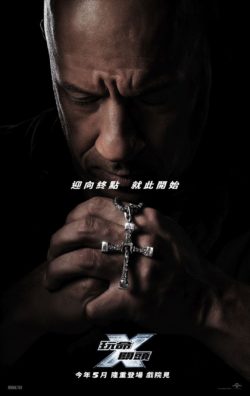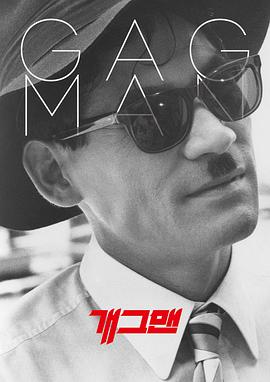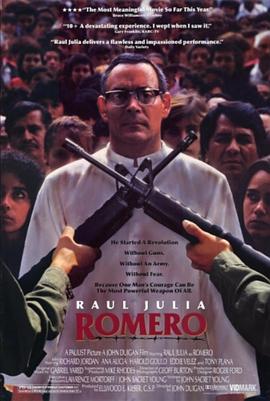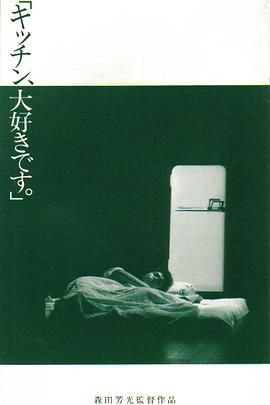苦行僧与死神-電影介紹
As part of the Ottoman Empire, sections of Yugoslavia were under Islamic Turkish rule until as late as the 19th century. Among the different flavors of belief practiced in Islam is a mystical variety known as Sufism, which has an offshoot group of followers known as Dervishes. Since people in the Balkans inherit their religious affiliations along with their names, in time the term "Dervish" came to indicate a person's clan allegiance as much as a group's religious beliefs. In this story, an honest and thoughtful young Dervish is appalled when his brother is tortured and killed by Muslim authorities. When a change in government in Istanbul leads the young Dervish to replace his brother's murderers in authority, he hopes to change the government's oppressive ways in his region but confronts complex politics and bureaucratic inertia.
Head of the Dervish islamic sect is deeply affected by the arrest and execution of his innocent brother. Repaying with evil, the dervish manages to destroy governing people and, believing in justice, takes over the governing by himself. But the old government, with changed persons but not spirit of governing, will crush his illusions and himself as a man. Screening of the synonymous Mesa Selimovic's novel.
Producer: Avala Film, Bosna Film, Centar filmskih radnih zajednica SR Srbije, Kosova Film, Pristina, Filmski studio, Titograd, Zeta film, Budva
Writer: Zdravko Velimirovic, Borislav Mihajlovic-Mihiz
Music: Zoran Hristic
Cinematographer: Nenad Jovicic
Production design: Vlastimir Gavrik
Country of origin: Jugoslavija, Bosna i Hercegovina, Srbija, Jugoslavija, Srbija, Bosna i Hercegovina, Crna Gora
Film editing: Iva Kosi
Duration: 105 minutes
System: Widescreen, color
Premiere: 12.7.1974. As part of the Ottoman Empire, sections of Yugoslavia were under Islamic Turkish rule until as late as the 19th century. Among the different flavors of belief practiced in Islam is a mystical varie...




















苦行僧与死神-留言評分